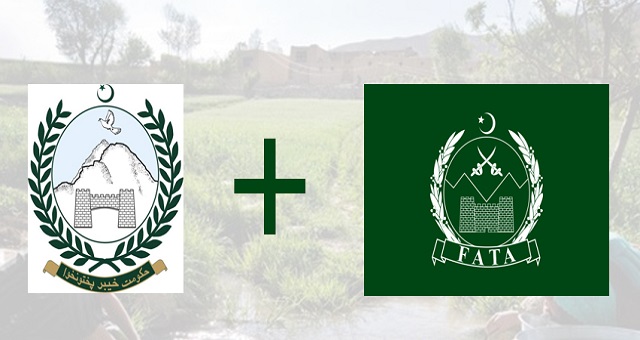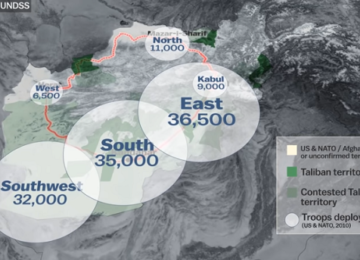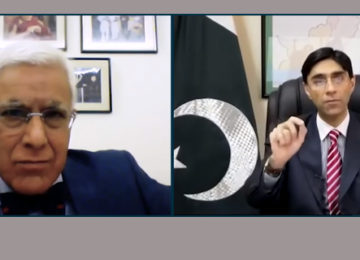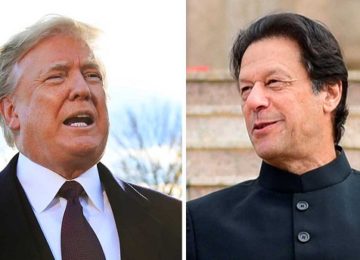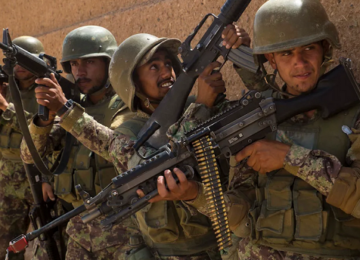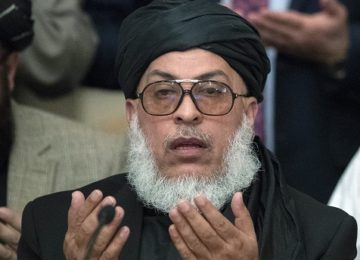FATA’s merger with Khyber-Pakhtunkhwa ends over a century-old colonial legacy and paves way for the abolition of Frontier Crimes Regulation (FCR) – a longstanding demand of the residents in the tribal region. With almost a week left in the conclusion of its term, the National Assembly of Pakistan made history on May 24, 2018, by passing the 31st Constitutional Amendment Bill of 2018 which aims to merge (FATA) with Khyber Pakhtunkhwa province. The bill was passed with 229 votes in favour and one against. Also, Pakistan’s Senate approving the bill by a 71-5 majority today now also completes this landmark legislation paving way for the merger.
In an unusual show of unity among major political parties, Pakistan Muslim League-Nawaz (PML-N), Pakistan People’s Party (PPP), Pakistan Tehreek-e-Insaf (PTI), Jamaat-e-Islami (JI) and Muttahida Qaumi Movement-Pakistan (MQM-P) voted in favour of the bill. Both JUI-F Chief Maulana Fazl ur Rehman and PkMAP president Mehmood Khan Achakzai, who have been strenuously opposing the planned merger, chose to stay away from the proceedings. Both of them perhaps anticipated that they could face the ire of the majority of the members for their stance. Government ministers Ahsan Iqbal, Barjees Tahir, Ameer Zaman, Akram Durrani and Murtaza Jatoi were also absent from these historic proceedings. PM Abbasi, after the passage of the FATA bill, said that it was just the beginning to bring FATA into the national mainstream.
“We have to win the trust and confidence of the tribal people by fulfilling the development needs,” he said claiming that his party was committed to the development of the area. He further said that “there is a need to give the same kind of facilities to the people of FATA as are available to the people of other areas. There should be no discrimination on the matter of development.” He said that with the passage of the bill, the House had demonstrated national consensus on an important issue. He expressed confidence that other matters faced by the federation would be addressed in a similar manner.
Pakistan Tehreek-e-Insaf (PTI) chairman Imran Khan, who showed up in the parliament’s session after a two-year break, also congratulated the House for coming together on the agenda of FATA merger, despite differences between the ruling and the opposition parties. Khan also said that the demand for a separate province in the region was unreasonable, adding that tribal people wanted quick resolution of their longstanding issues.
The Center for Research and Security Studies (CRSS) is proud to have contributed to the campaign for political rights for FATA. It aired 20 TV shows (on PTV and Express TV) involving 200 key stakeholders with the title “Hum Bhi Pakistan” (We are also Pakistan). This was an unprecedented initiative by CRSS for inclusive democracy and fundamental rights. Never before did FATA come under such focused and sustained debate.
Additionally, CRSS also produced and aired another 100 radio shows in all on issues surrounding FATA under the title of “Moong Qabail” (We – the Tribes).
Salient features of the 31st Constitutional Amendment Bill are as below:
- Since the region will no longer remain under federal administration, the constitutional amendment bill will lead to a reduction in the number of seats in the National Assembly from 342 to 336. However, the members of the National Assembly to be elected from the region in 2018 election will continue till the end of the next assembly’s five-year term.
- In Senate, the total seats will be decreased from 104 to 96. FATA senators will continue to serve till the end of their constitutional term.
- With the amendment to the constitution, FATA will get 16 general and five reserved seats – four for women and one for non-Muslims – in the Khyber Pakhtunkhwa Assembly. The election on these seats will be held within a year of the upcoming general elections. Once the process of merger has been finalised, seats in the Khyber Pakhtunkhwa Assembly will increase from 126 to 147.
- Articles 246 and 247 will stand repealed with the passage of the bill into an Act. These articles place tribal areas under the command and control of the President.
- With the passage of the bill, the region will also become eligible for a Rs. 100 billion grant under the National Finance Commission (NFC) award. In addition, it will continue to get Rs. 1 billion every year for 10 years, under a development plan.
- Frontier Crimes Regulations (FCR) would be replaced with an interim governance system till the full integration of the region into Khyber Pakhtunkhwa.
- Though the passage of the 31st amendment is a major step forward towards the merger, there still remains the passage of the bill from the Senate as well as from the Khyber-Pakhtunkhwa Assembly. As per Article 239(4) of the Constitution, the president cannot assent a constitutional amendment bill which affects geographical boundaries of a province without approval by the assembly of that province.
- If the bill does not get through the Khyber-Pakhtunkhwa Assembly, then the fate of FATA merger will be in the hands of new representatives to be elected in the coming general elections. Therefore, even after its passage from the National Assembly and the Senate, the president will have to wait to give his assent till the installation of the new assembly.
The author Saddam Hussein is a Research Fellow at Center for Research and Security Studies (CRSS), Islamabad, while pursuing his MPhil. in Public Policy from School of Public Policy, Pakistan Institute of Development Economics (PIDE), Islamabad. He tweets @saddampide



